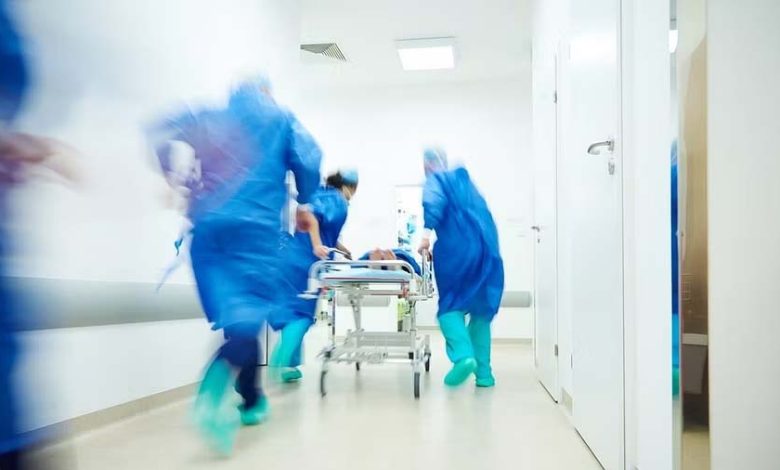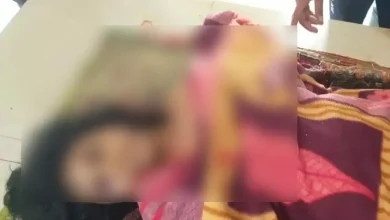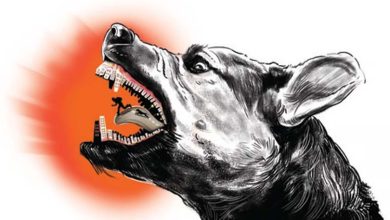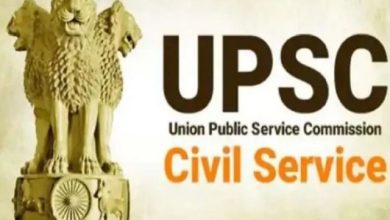Rajasthan: For road accident assistance, reward amount increased to Rs 10,000

JAIPUR: The Rajasthan government will now give Rs 10,000 to the good Samaritan who takes a seriously injured road accident patient to the nearest hospital for treatment, ideally in the golden hour. But road safety activists say there is a serious lack of awareness about this ongoing scheme. In medical parlance, the golden hour is the first 60 minutes after a traumatic injury and is the most critical period that determines the patient’s outcome. If the patient is able to reach the hospital within an hour of the accident, there is a possibility of definitive resuscitative trauma care, which can be initiated during this initial period. That person will now be called a “good Samaritan”. The Bhajan Lal Sharma-led BJP government has increased this amount by Rs 5000 and hopes to create awareness and save more lives. The initiative will come under the Mukhyamantri Ayushman Jeevan Raksha Yojana. The scheme will be implemented through the state’s Medical and Health Department and the budget will be provided from the Road Safety Fund. To receive the amount, the person has to identify himself and give his details to the Casualty Medical Officer present at the time. The person, who will be addressed as Good Samaritan, should also be allowed to leave the hospital premises after his work is done. In Rajasthan, the previous Ashok Gehlot government had announced a reward of Rs 5000 and a citation for Good Samaritans in 2021. The scheme was then under the Jeevan Raksha Yojana. Neha Khullar, director, projects and training, Muskaan, an NGO working for road safety, says there is not much awareness about the Good Samaritan scheme in the state though it has been implemented for a few years. She told DH: “As per our RTI, only eight people have received the amount so far. Also the implementation and execution part of the scheme is lacking. The implementation happens through the medical and health department, it is a long process and people who have saved the lives of others find the process cumbersome.” In the year 2016, the Supreme Court had directed the Central Government to issue guidelines for the protection of Good Samaritans. As a result, a new section 134A called “Protection of Good Samaritan” was added in the Motor Vehicles (Amendment) Act, 2019, which provides that a Good Samaritan shall not be liable for any civil or criminal action if he causes injury or death to an accident victim. Apart from this, Rajasthan is a state where the number of road accidents is increasing in the last few years. In the year 2018, the number of deaths was 10320, in the year 2022 this number was 11104. In the year 2023 (January to December), the number of deaths had increased to 11,762 with an increase of 5.93 percent. The total number of accidents in the year 2023 was 24705. Most of these accidents have occurred on national and state highways that pass through the state. Neha says that 60 to 70 per cent of these accidents happen on rural roads and the number of casualties is higher in rural areas.
Apart from Good Samaritans, there are two other areas in the context of road accidents that need immediate attention. One is emergency response, which includes well-equipped ambulances, which can help save the lives of victims. “But most of the time, these ambulances are just omni-vans and do not have proper medical equipment to provide immediate assistance to the patient. Also, there should be a 15-minute gap between ambulances, but such services are hard to find in areas like Barmer or Banswara. So ideally there should be an ambulance audit, but that is definitely not happening in Rajasthan.” Neha says that triage protocols are rarely followed in the state. Triage protocols are a carefully structured process, in which patients are classified into subsequent groups according to the severity of their condition. In fact, the hospital staff, who attend to patients first, should have adequate knowledge of triage protocols. Further, it was also announced that about 80 Community Health Centres (CHCs) in rural areas would be converted into trauma centres, but its implementation is still awaited.





